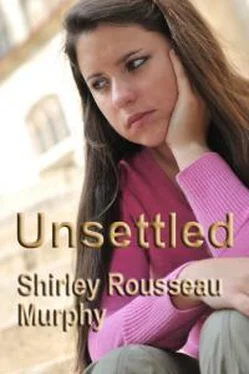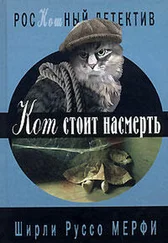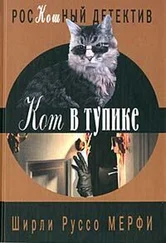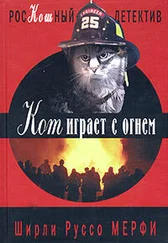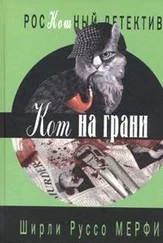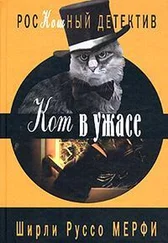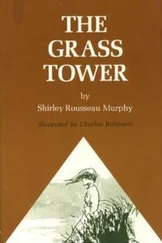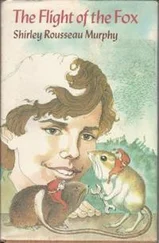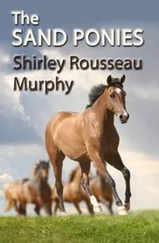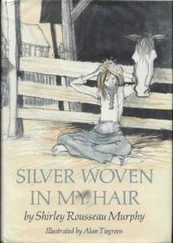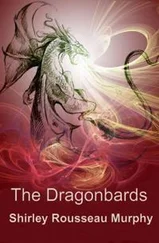Ben took us ice skating. He’s good. I could hardly stand up. There was a girl there Ben knew. She must have been twenty. I didn’t like her. It was nicer when we were driving home afterwards. But then we stopped for a malt and two girls he knew came and sat with us and treated me like a child.
I hate being so young.
Ben said afterward, “Don’t mind them. They don’t know any better,” and that embarrassed me.
Aubin Flick has been arrested but there was no sign of Crystal. The police did all they could to find out, but Flick won’t tell anything. Could she be with Mama? I have gone to the old apartment three times, but the landlady says she hasn’t seen either of them. What a horrid person. Clayhill’s mother has moved away. I have such a feeling Crystal is close and needs us. I left a message on the bulletin board, just in case, and our address with the landlady. I feel so blue sometimes, and then the next minute I’ve forgotten Mama and Crystal and I feel great. I guess I’m all mixed up.
Ben took us to visit Central Precinct. I wore hose and heels and lipstick, and a bunch of rookies gave me a long, low whistle. I like being whistled at. We went all through the crime lab, photo lab, radio room, and the office. Now I know where I’m going to work when I get out of school. My typing is almost fast enough, and Ben says I could pass the civil service test with my hands tied behind me.
And I have been going to the library with Bingo. He walks a different way each time and has been sketching the rooftops and the dormers and carvings of the old Victorian houses, the little details around the upper windows. It’s fun to walk looking only upwards, you see all sorts of things you didn’t know were there. I really think Bingo’s getting used to Mama’s having left us. Georgie calls him stoic.
Chapter 13
Bingo was sketching rooftops. These houses had been elegant once, but now the paint was peeling and the yards were weedy and cluttered with rusted wheels and car parts, and glass from the broken windows. A shutter hung down over a bush, and porch steps sagged. But white clouds rose behind the old Victorian rooftops and behind the oddly shaped chimney Bingo was drawing. Then suddenly the cloud formation shifted.
Shifted and changed, and in front of the cloud, standing along the hip of the roof, was Turnock.
His claws curved over the roof and his wings were poised for flight. His scales reflected the red of the chimney. He raised his wings higher so they cut the sun and made a shadow across the shingles. He looked directly at Bingo and his eyes shone silver.
Then he disappeared, and at the same moment Bingo felt someone watching him.
He lowered his eyes and glanced along the row of houses, then turned around to face those at his back.
There was a door standing open to the basement of a purple house. He wondered if someone inside was watching him; he thought of leaving, but instead he walked toward it.
The purple paint was faded, and the windows boarded over. The basement was dim, but he could see a girl inside, wearing a short flowered wrapper. Her hair, piled on top her head, was ratty and unkempt. She was standing at a table with her back to him, doing something so that her arms moved gently.
Was it Crystal? And had she been watching him and turned away, or had he imagined that?
He went quietly up the walk. The basement door was lower than the ground, with four steps leading down to it. He stood on the top step and looked in at her. His throat seemed frozen shut. He wanted to speak her name, but he could not.
She was so thin the hard lines of bones showed in her arms and legs. The tilt of her head was Crystal’s; the curve of her neck was the same. But she stood differently, as if the slight weight of her thin body tired her.
He tried to speak, but he could not. He thought of going in and touching her. The concrete walls of the room were painted purple and the exposed pipes on the ceiling were dark red.
He was about to go down when she turned away from the table and went through a rough wooden door, shutting it behind her. As she turned he saw the side of her face. It was Crystal.
He moved through the room to the door and stood staring at it, then listened. He heard a soft scuffing inside, then it stopped. He stood trying to foster the courage to follow her. He was not afraid of Crystal, but he was afraid of whoever else might be there.
It was so quiet.
He turned the knob slowly and pushed the door open.
The interior of the house had been gutted into one huge room, the inner walls torn away, leaving jagged pillars of splintered wood and broken plaster. There was no one there. In the center a stairway rose through a rough hole to the upper floor. There were no banisters, no railing, just a jagged hole. He heard no sound; cautiously, he started up the stairs.
As his head rose above the upper floor he could see that this level too was gutted. The fragments of walls that remained were still covered with wallpaper, so the patterns ran together one room to the next. A door frame stood alone without walls or door, its hinges hanging crookedly. The fixtures of an old-fashioned bathroom had been left against one wall; the bathtub was filled with crumpled food cartons and empty cans. There were mattresses on the floor with hunks of plaster, rags, and piles of boards. The back windows were not boarded over, and those at the sides only partially so, with streaks of light coming through. Crystal was standing there, looking out. She turned around slowly, so her back was to the light and her face in shadow. Her wrapper was open, she made no attempt to close it.
He went silently toward her and when he stood by the windows she closed her wrapper and tied it. Her movements were slow and mechanical. The mocking sexiness of her face was gone, the liveliness was gone. Her face was grayish and coarse, her eyes red-rimmed, her expression dull. He did not know what to say to her; he stepped closer and touched her arm clumsily.
She looked down into his face, but her stare was almost vacant. “Where is Mama?” she asked haltingly.
He tried to put his arms around her. She held him clumsily. “Where’s Mama?” She smelled of stale sweat. She pulled back and stared down at him. “Where’s Mama! She went away and left me!”
“She’s waiting for you. Mama wants you to come home.”
“She went away.”
“She wants you to come home with me now.”
She drew away and scowled at him.
“We’re going to live in a little house with a yard,” Bingo said. Crystal grew gentle again. She gave him a smile like a small child’s, then took his sketchbook from him and held it in her arms as a little girl might hold a doll. Then she opened the book. But the drawings seemed to upset her; she looked confused. She turned the pages slowly until she came to the drawings of the stone dragons. She looked at these for a long time and when she glanced up again her expression was sly. “It’s always you and Jenny,” she said petulantly. She tore the page out and stuffed it in her pocket.
“It’s us three,” Bingo said. “It’s the three of us. Crystal, you can come home with me now.” He put his arm around her, hoping he could lead her like a little child.
But Crystal turned abruptly and went to sit on a rumpled mattress, her knees drawn up tight and her arms hunched around them.
Then a step on the stair made Bingo turn; a man climbed the stair and stood at its top surveying them. He had greasy blond hair hanging to his naked shoulders, and his naked chest and arms were shiny, as if he had oiled them. He was wearing tight striped pants stained on one leg. Across the matted hair of his chest hung a necklace made of yellow bones. His eyes looked yellow and filled with some unhealthy lust. He observed Crystal without changing expression. “What’s this, baby? What’s all this? You hustling children now, you dirty whore? You hustling children?” He paused and thrust two fingers into his greasy hair and scratched. “What’s the rate for children, baby, you selling it for roaches?” This amused him.
Читать дальше
